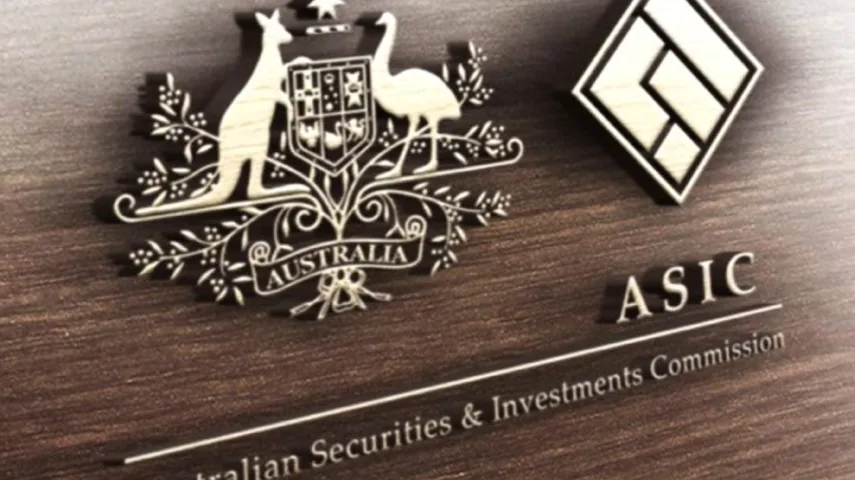‘Unnecessary’ for ASIC to interview Dixon advisers



ASIC has said it was “unnecessary” to intensively interview Dixon Advisory advisers about the problems at the firm.
In answers to questions on notice from Senator Andrew Bragg in the 2024–25 budget estimates held by the Senate economics legislation committee, ASIC was asked whether it interviewed financial advisers about the high allocations they made to the US Masters Residential Property Fund (URF) and related products.
In its response, the regulator said it had limited interaction with the advisers working at the firm.
“Given the focus of the investigation, ASIC had limited interaction with DASS advisers. Intensive interviewing of advisers was unnecessary given that (i) ASIC had sufficient understanding of DASS’s business operations and advice provided from ASIC’s review of business records and evidence obtained; and (ii) we retained an independent expert to assess each piece of advice provided by a DASS adviser (that was the subject of the allegations presented by ASIC to the court) to establish advice failings.”
While ASIC agreed there were failings regarding the advice provided to DASS clients to invest in URF, it said DASS’s research was not of a focus of the investigation as it was a listed product which had publicly available information.
Instead, ASIC’s investigation focused on overall systemic issues involving the business model that ASIC alleged had given rise to the best interest contraventions. This meant it opted to take action against DASS for failing to prevent ongoing advice failures rather than the individual advisers.
ASIC deputy chair Sarah Court previously stated to the committee that it took action against Dixon as the entity held the AFSL and had an obligation to ensure advisers under its licence were acting in full compliance with corporations law.
Dixon Advisory went into voluntary administration in January 2022 and has received over 2,700 complaints from consumers. It was expelled from membership of the Australian Financial Complaints Authority (AFCA) at the end of June 2024, which means no further complaints are able to be filed.
Appearing before Senate estimates at the start of June, AFCA chief operating officer Justin Untersteiner said estimated losses from Dixon Advisory totalled $458 million.
“If we look at open complaints – purely those claims that have been lodged by consumers and are yet to be vetted by AFCA, some may be lower than this, there is also a cap of $150,000 that hasn’t been taken into account – we have complaints that were lodged at the introduction of the legislation of $312 million. Further claims beyond that date total $146 million.”
Recommended for you
Net cash flow on AMP’s platforms saw a substantial jump in the last quarter to $740 million, while its new digital advice offering boosted flows to superannuation and investment.
Insignia Financial has provided an update on the status of its private equity bidders as an initial six-week due diligence period comes to an end.
A judge has detailed how individuals lent as much as $1.1 million each to former financial adviser Anthony Del Vecchio, only learning when they contacted his employer that nothing had ever been invested.
Having rejected the possibility of an IPO, Mason Stevens’ CEO details why the wealth platform went down the PE route and how it intends to accelerate its growth ambitions in financial advice.















